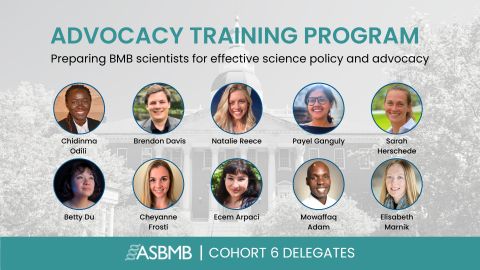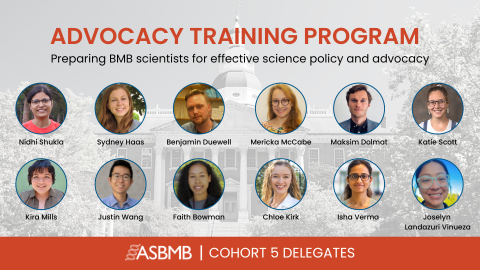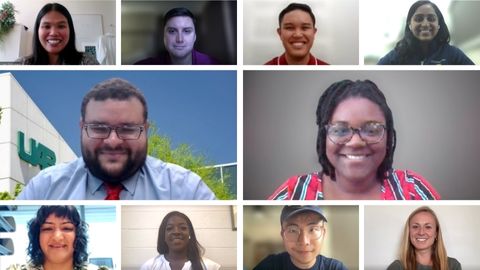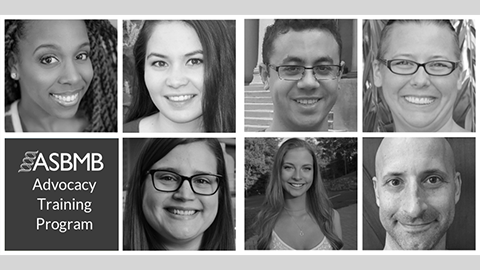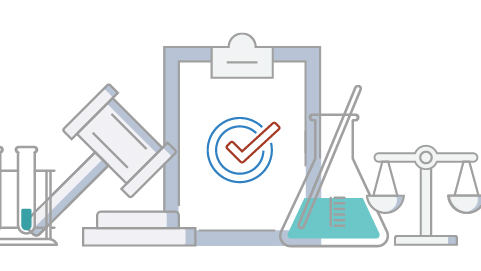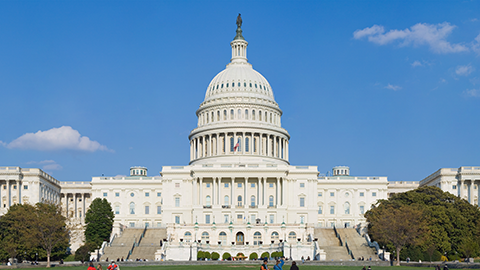Advocacy Training Program
The ASBMB Advocacy Training program is a three-month externship (May through August) that provides hands-on science policy and advocacy training for ASBMB members. ATP delegates learn about science advocacy, the role of Congress and policymakers in funding science, and how to effectively advocate. With support from ASBMB public affairs staff, delegate will develop and execute their own independent advocacy activity to address an issue affecting the research enterprise and/or their communities.
Participants (called delegates) gain the necessary skills to create change and be a leader for those seeking to do the same. They learn alongside a cohort of their peers who are dedicated to doing the same type of work and access unique networking opportunities. They also learn the importance of policy writing and how to communicate scientific issues to congressional staffers and other diverse audiences.
Goal of the ATP
The ATP aims to (1) provide professional development for our members (2) expand BMB advocacy efforts and (3) increase the connection points between ASBMB members and the public affairs department to spur new advocacy efforts that are relevant to members.
What to expect as an ATP delegate
The program requires about 10 to 12 hours a month for coursework, discussions and activities.
Each delegate attends weekly virtual training sessions (1.5 hours long each), completes applied learning assignments and develops their independent advocacy activity. The syllabus includes the following sessions:
Section One: Science policy, advocacy and the federal government
- Session 1 — What is science policy?
- Session 2 — The executive branch and federal agencies.
- Session 3 — Congressional advocacy, agency authorization and the budget process.
- Session 4 — State and local advocacy and engaging community stakeholders.
Section Two: Science policy strategy
- Session 5 — Science policy writing
- Session 6 — Applying policy writing in advocacy
- Session 7 — Diversity, equity, accessibility and inclusion in advocacy
- Session 8 — Constructing your advocacy message
Section Three: Advocating before, during and after
- Session 9 — Elevator pitch practice
- Session 10 — Exploring science policy careers panel
- Session 11 — ATP showcase
What ATP delegates gain
ATP delegates gain not only advocacy skills but also produce their own policy materials and access unique opportunities. Each delegate:
- Conducts an advocacy activity that matches their interests.
- Speaks with congressional policymakers about relevant science policy topics
- Writes a policy op-ed.
- Attends an exclusive career panel of science policy professionals.
- Gets a chance to be invited to the ASBMB Public Affairs Advisory Committee as a nonvoting member (two-year term).
- Gets the opportunity to present advocacy activities at the next ASBMB annual meeting.
Any questions can be directed to publicaffairs@asbmb.org.
Cohort 5 delegates

Faith Bowman
Ph.D. candidate
University of Utah
“I hope to gain critical skills in initiating and engaging with public policymakers, aligning the community's needs with policymakers' goals and distilling those ideas into actionable plans to improve health equity with policy grounded in evidence-based research.”

Maksim Dolmat
Ph.D. candidate
University of Alabama at Birmingham
“I aim to become well versed in scientific policy, develop a well-placed network that will enable me to obtain the resources to implement changes and understand the intricacies of the federal government.”
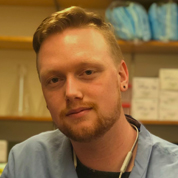
Benjamin Duewell
Ph.D. candidate
University of Oregon
“As a child of schoolteachers, I grew up seeing the effect that public policy had on classrooms ... I hope to continue learning about these systems as an ATP delegate, while gaining new knowledge and skills to better advocate for their reform and restructure."

Sydney Haas
Undergraduate
New College of Florida
“I have three main goals: learn what strategies are most effective for fighting for educational freedom and prosperity for both students and professors, learn how to communicate well with legislators and decision-makers and learn how to help others at the New College of Florida.”

Chloe Kirk
Ph.D. candidate
University of Miami
“I plan to learn how I can harness my experience in science research and communication to advocate for increased funding in biomedical research and STEM education resources.”

Mericka McCabe
Ph.D. candidate
Albert Einstein College of Medicine
“Through the ATP, I hope to gain the confidence and skill set to work with policymakers and advocate on behalf of my fellow scientists.”
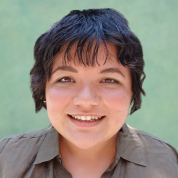
Kira Mills
Ph.D. candidate
University of Texas at Dallas
“I have seen firsthand the disparities in public school education throughout the U.S., within Texas specifically, and want to work toward bridging the gap and ensuring all students have access to quality science education.”
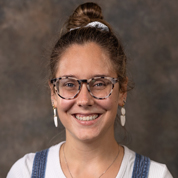
Katie Scott
Ph.D. candidate
University of Iowa
“I am hoping to build my knowledge on how to create an inclusive and inviting atmosphere to learn about science for my community. I am passionate about accessibility and advocating for inclusive learning spaces.”

Nidhi Shukla
Postdoctoral fellow
Case Western Reserve University
“I am excited to participate in the Advocacy Training Program and hope to gain a deeper understanding of the policy-making process and develop the skills and knowledge necessary to advocate for policies that align with my values and priorities.”

Isha Verma
Postdoctoral fellow
University of Michigan
“I am excited to learn about the opportunities to interact with congressional members and advocate for research funding.”
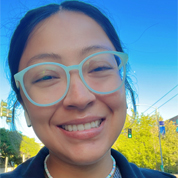
Joselyn Landazuri Vinueza
Ph.D. candidate
University of Washington
“I am looking forward to learning how to advocate for federal funding to increase minority representation in STEM fields.”

Justin Wang
Ph.D. candidate
Scripps Research
“I hope to gain the skills and know-how to improve research culture through policy and translate scientific findings into impactful policy changes.”
FAQ
Additional resources
Meet the 2024 ASBMB Advocacy Training Program delegates
The program's sixth cohort will learn how to advocate for science funding and support this summer and will visit Capitol Hill in 2025.
Meet the 2023 ASBMB Advocacy Training Program delegates
ASBMB announces a new cohort of 12 ASBMB Advocacy Training Program delegates who will learn about science policy and advocacy through this summer externship
ASBMB delegates leave their mark on policymaking
Advocacy Training Program participants use their new skills to improve their institutional environments, create new programs, draft policy recommendations, perform targeted outreach and more.
What we learned in the ATP
Seven members of the first group to complete the ASBMB’s Advocacy Training Program describe their experiences and share what they learned.
Advocacy toolkit
Best practices for sharing your stories with the policymakers whose decisions affect your work.
Your voice does matter
Even in these deeply partisan times, grassroots advocacy is effective. As a subject matter expert, you can educate your legislator about the value of science.

